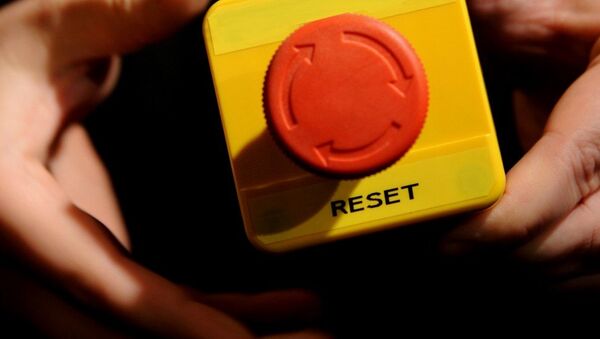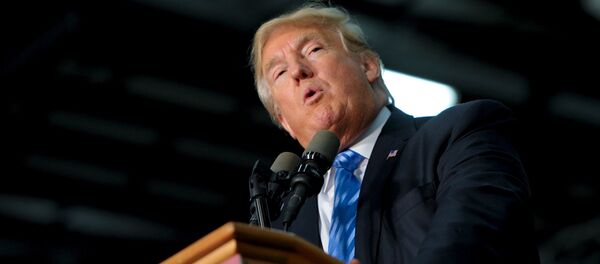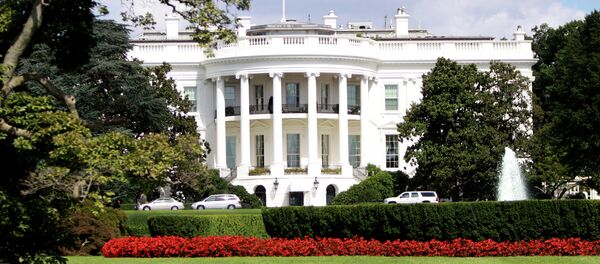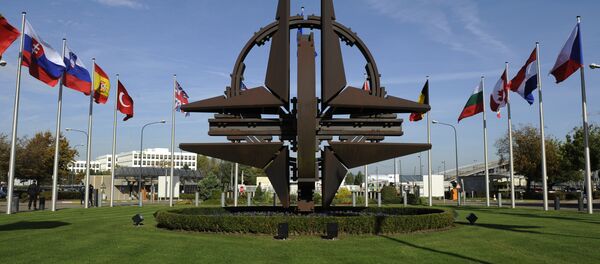"[There will be] No big button of reset [after the election.] But there are good moments, and there are challenges. Very high on the good list is P5+1 talks on Iran," Cartwright said on the sidelines of the conference on Russia-US ties in Moscow.
The two-year talks between world leaders and Iran that led to a landmark deal curbing Tehran's nuclear program created an environment where Moscow and Washington can work jointly on nuclear proliferation, Cartwright stressed.
"Our countries tend to move with the influence of our leaders. So if our leaders trust each other, then the trust goes down to the people. What we hope for in this election is whoever the new American President is, that the relationship with Putin will be based on trust and confidence, and that would trickle down in our societies," he noted.
The chair of the Global Zero nuclear weapons elimination campaign, Cartwright, further expressed hope the sides could "find a way around and move forward" on sanctions imposed on Russia in response to Crimea's reunification with Russia and Moscow's perceived involvement in the Ukrainian conflict.
Cartwright serves as the inaugural Harold Brown Chair in Defense Policy Studies at the Center for Strategic and International Studies think tank.




